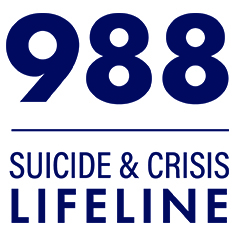War’s elite tough guys, hesitant to seek healing
June 20, 2014
In response to a sharp rise in the suicide rate among soldiers in the armed services’ Special Operations units, the government is directing resources toward efforts to understand the problem and reverse the trend. Research increasingly suggests a connection between traumatic brain injuries (TBI) and posttraumatic stress disorder (PTSD) and subsequent depression and suicidal behavior. This risk factor is added to the emotional toll of the long, high-intensity tours of duty typical in Special Operations careers. In addition, there is growing concern that even when they are not wounded by bombs, these soldiers may sustain repeated brain injuries from firing heavy weapons and from the “low-level” explosions they often set off in training and combat. The mental health effects of these injuries may be felt long after they are incurred. Congress has dedicated funds to address TBI, PTSD, and suicide prevention for Special Operations Forces, and a task force has been created within the unit to try and connect soldiers with more help. Chris Faris is a Special Operations veteran who speaks publicly to soldiers about his experience of PTSD and the benefits he has experienced from treatment. “The point of all this therapy is, now you see your demon coming and you say, ‘Good morning. How you doing?’” he said in an interview. “Your demons will be on the street. You don’t have to embrace them. But you have to be able to say, ‘Good morning,’ and let them go.”
Spark Extra! Check out these resources for professionals working with military personnel and veterans.
